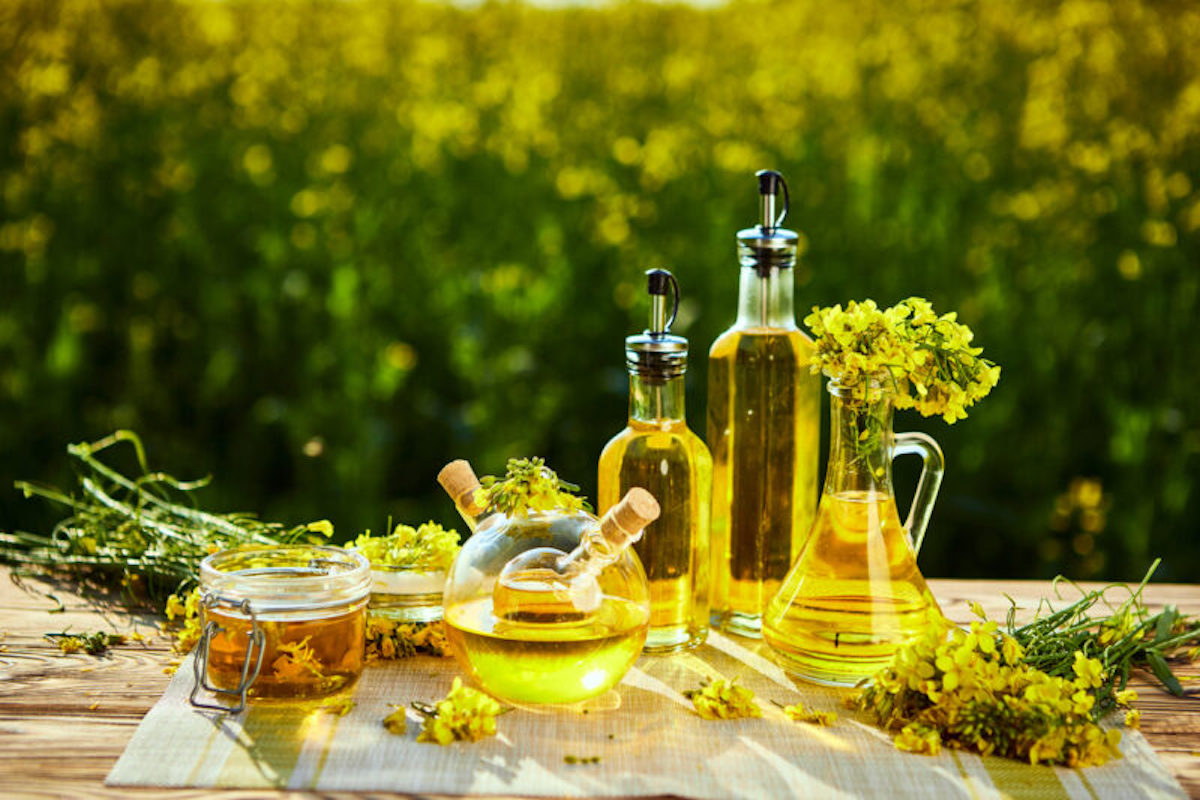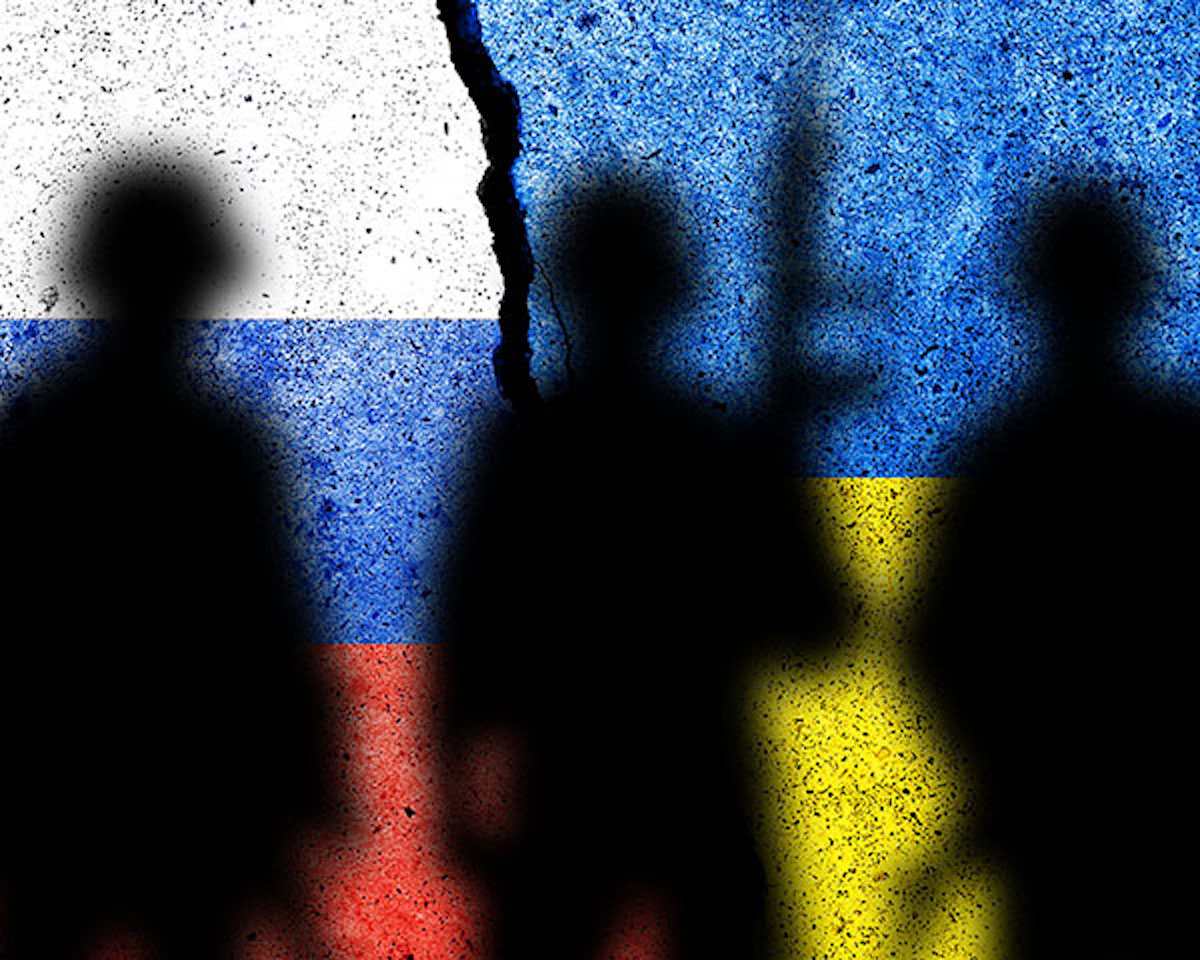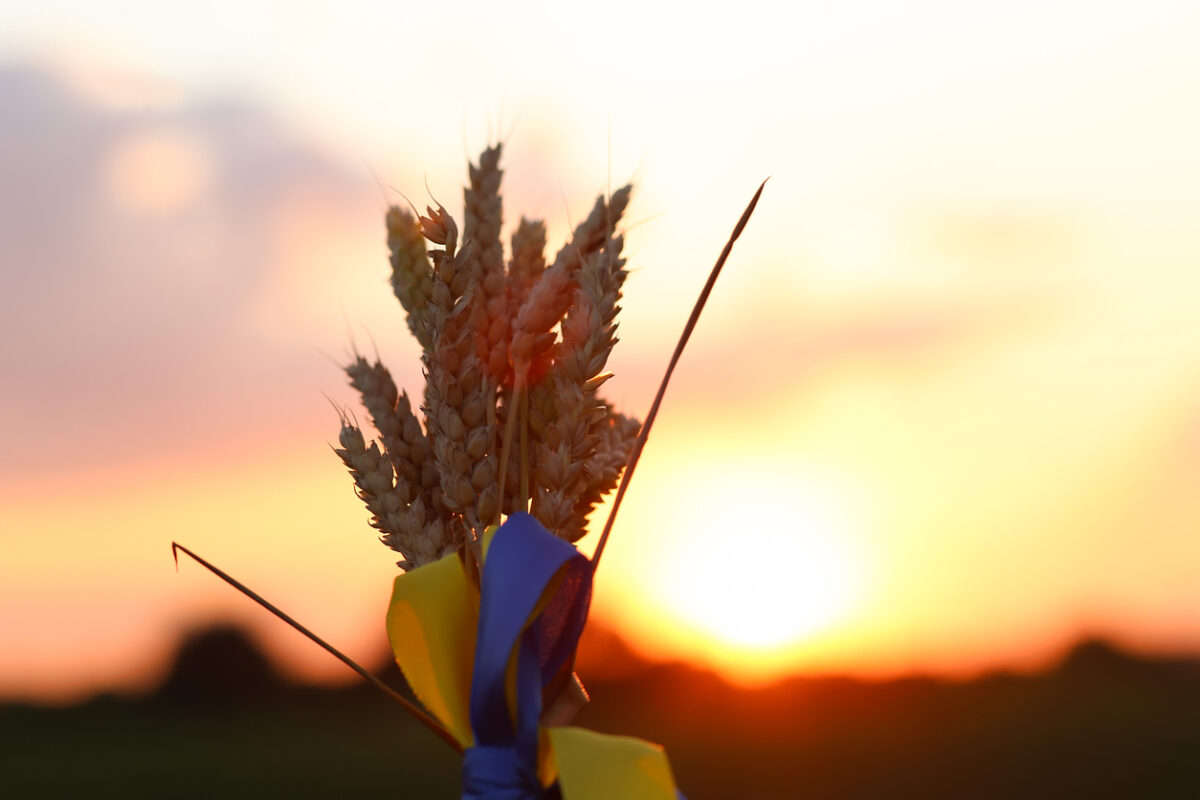Iceland removes its palm oil ban due to sunflower oil shortages caused by Russia-Ukraine war

Rainforest in Borneo destroyed for oil palm plantations
Frozen goods retailer Iceland has reversed its ban on using palm oil in products as a result of sunflower oil shortages brought on by the Russian invasion of Ukraine.
In an online statement the supermarket announced “with huge regret“ that due to sunflower oil price inflation, as well as many of Iceland’s suppliers being unable to source the ingredient at all, it has reverted to using palm oil, which had been previously banned from all its goods in 2018.
Iceland’s Managing Director, Richard Walker said in the statement: “The only alternative to using palm oil under the current circumstances would simply be to clear our freezers and shelves of a wide range of staples including frozen chips and other potato products.“
Preserved and processed potato products are highly popular in the UK. According to Kantar, in 2019, this market was worth £2.5 billion.
Walker added: “So we have agreed to use certified sustainable palm oil – as a last resort and as a strictly temporary measure – in a limited range of Iceland own label products that will begin to appear in our stores from June. All packs will of course clearly show palm oil in the list of ingredients where it has been used.”
When the company decided to ban all palm oil from its products in 2018, it switched to using sunflower oil, which proved a viable alternative at the time due to it having similar qualities.
While Iceland has said it can switch to using rapeseed oil in some goods, other recipes need palm oil as other types of oil hinder the taste or processing qualities of some foods.
Last week the Food Standards Agency and Food Standards Scotland announced some products which are labelled as containing sunflower oil, might actually contain rapeseed oil due to sustained supply chain shortages resulting from the Russia-Ukraine conflict.
In 2018, Iceland went viral for its ‘Rang-Tan’ Christmas ad, which showed orangutans’ habitats being destroyed by palm oil manufacturers in a bid to advertise its pledge to banning the use of palm oil in all its food products.
Walker said his negative opinion on palm oil still remains: “I haven’t changed my mind about palm oil – which is why this is strictly a temporary move, and one that I would not countenance at all if I could see any viable alternative.
“Massively increasing global demand for palm oil inevitably means continuing pressure on the globally important tropical rainforest areas where it is grown, and I therefore remain sceptical as to whether there ever really can be any such thing as truly ‘sustainable palm oil’ available in the mass market where Iceland operates.”
Walker also added: “In the long term, we remain very much committed to keeping the Iceland own label range free of palm oil ingredients, and will revert to using sunflower oil as soon as the supply situation stabilises and it becomes practical for us to do so.
“In the meantime, I can only ask our customers to bear with us as we attempt to deal with one of the unexpected consequences of the return of war to Europe, and to keep our stores stocked and the nation fed.“








